World Autism Awareness Day
Central to the U.N. Convention on the Rights of Persons with Disabilities (CRPD) is “respect for the inherent dignity, individual autonomy including the freedom to make one’s own choices, and independence of persons… and full and effective participation and inclusion in society” (Article 3). This concept is reflected in this year’s theme for World Autism Awareness Day, “Toward Autonomy and Self-Determination.”

In the U.S. and throughout the world, the rate of autism is high, affecting children and adults of all socioeconomic and ethnic groups. According to the U.N., “Appropriate support, accommodation, and acceptance of this neurological condition allow those on the spectrum to enjoy equal opportunity, and full and effective participation in society.”
On March 31, 2017, the U.N. held conference on multiple aspects of autism, Toward Autonomy and Self-Determination, which included the following:
In welcoming everyone, Cristina Gallach, U.N. Under-Secretary-General for Communications and Public Information, said “We come together to renew our commitment to raising awareness of the rights of persons with autism – to equal opportunity and full participation in society, on an equal basis, with other citizens. To achieve this inclusive society that we aspire to, we must… ensure that the fundamental rights enshrined in the CRPD are respected.” This is a right that has been recognized since the Universal Declaration of Human Rights was declared in 1948. Continued Ms. Gallach, “When [people with autism] enjoy equal opportunity for self-determination and autonomy, persons with autism will be empowered to make an even stronger positive impact on our shared future.”
U.N. Secretary-General Antonio Guterres could not be present, but he prepared a statement: “On this World Autism Awareness Day, let us play a part in changing attitudes toward persons with autism and in recognizing their rights as citizens who, like everyone else, are entitled to claim those rights and make decisions for their lives in accordance with their own will and preferences. Let us also renew our promise engraved in the 2030 Agenda for Sustainable Development to leave no one behind, and ensure that all people can contribute as active members to a peaceful and prosperous society.”
The keynote speaker, Simon Baron-Cohen, Director, Autism Research Centre, University of Cambridge, was gave an overview of the autism spectrum.
In regard to the “commitment to leave no one behind,” Jackie Pilgrim, a noted disability advocate spoke about dignity. In her work with NAMI Durham she spoke of her organization’s new 8-hour course for police and first-responders to replace the inadequate 1.5 hour course used previously, one for which they have shown “passion” to learn.
Barry Prizant, author of the landmark book Uniquely Human: A Different Way of Seeing Autism, summarized his philosophy:

- De-pathologize autistic behavior (echolalia, stimming). It’s the way we deal with stress and self-regulate. They should not be repressed or otherwise “managed.”
- Autism is not a tragedy, it can become one
- Self-determination begins in early childhood. Children at an early age
- Let’s look at ourselves.
Added Micheal John Carley. The best way to help is to examine ourselves and change the way we view people with autism.
An autism research and education organization, Autism Speaks, initiated the worldwide Light It Up Blue, campaign in its effort to raise autism awareness. Among many in the autism community, both advocates and self-advocates, Autism Speaks is highly controversial, because that organization is seeking a cure, whereas many people prefer to see autism as simply another way of being, “different, not broken.”
National Autism Awareness Month
A ribbon made of multicolored puzzle pieces. It has become one the most recognizable symbols of autism in the world. The various colors reflect the many “faces” of autism, a condition often referred to as the autism spectrum disorder (ASD) because no two people with autism are alike. (The cognitive abilities of people with ASD range from “nonverbal” to intellectually brilliant.) The ribbon symbolizes solidarity and hope of a happy, fulfilling life for people with autism. The puzzle pieces remind us that the condition and the people with it are still very much a mystery.
Autism Awareness Month first came to be some 25 years ago, when the Autism Society of America undertook an effort to promote autism awareness. The primary objective was to “promote … inclusion and self-determination for all, and assure that each person with autism is provided the opportunity to achieve the highest quality of life.”
Three short films that treat autism awareness and appreciation are worth noting:
- “Make it Stop.” This is a brand-new awareness video to foster understanding of people with autism.
- “Talking in Pictures.” This documentary dispels myths and stereotypes… at least as they apply to everyone with autism. “It’s not that we’re doing it wrong, it’s not that we’re autistic enough to fit in with the world’s idea of autism, it’s that the world’s idea of autism isn’t big enough to fit us all in!”
- “Perfectly Normal,” is a film about Jordan, a man with Asperger’s, who discusses his everyday life, of which the New York Times publicized an important excerpt.
Furthermore, Sesame Street will debut Julia, a character with autism. This event will be covered in a later article.
And some noteworthy facts on autism:
- In 2014, the U.S. Centers for Disease for Disease Control estimated the prevalence of autism as being 1 in 68 births.
- Autism comes from the Greek autos” meaning “self.” Swiss psychiatrist Eugen Bleuler in 1910 used the New Latin term autismus to describe schizophrenic symptoms of children; US psychiatrist Leo Kanner first used the term autism in 1943.
- Asperger’s syndrome is named after Austrian pediatrician Hans Asperger, who in 1944 first described the symptoms in children he was observing.
With a sincere effort of autism awareness, we will be able to treat this population with the dignity they deserve.
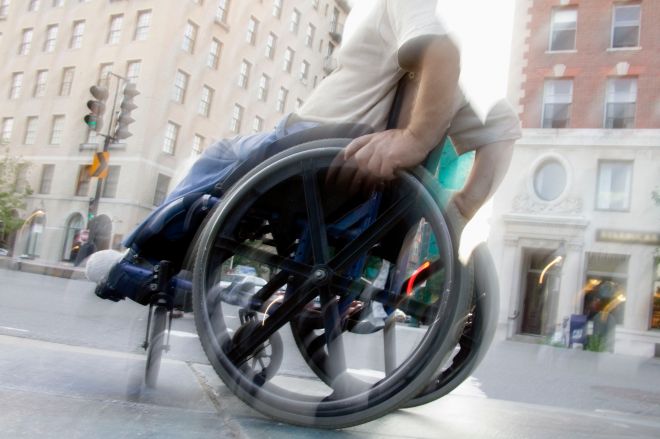

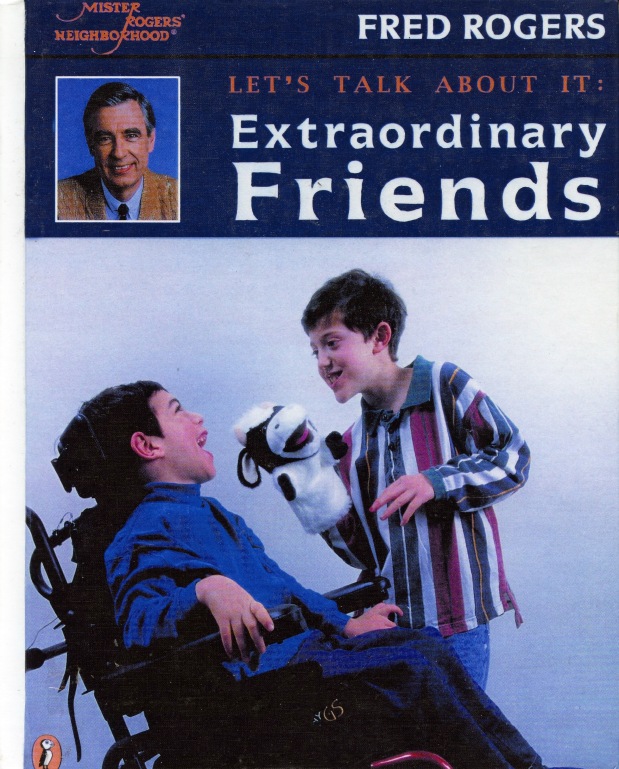
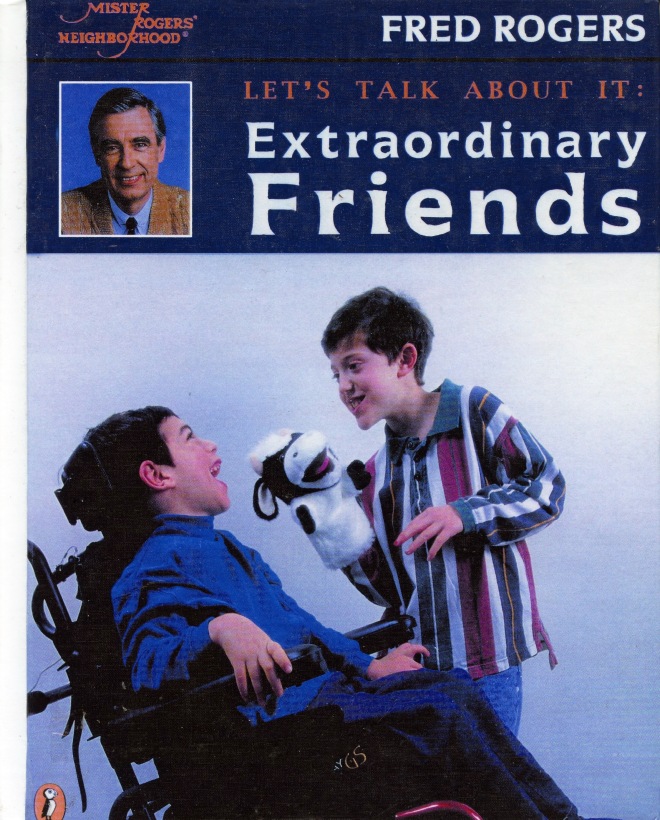

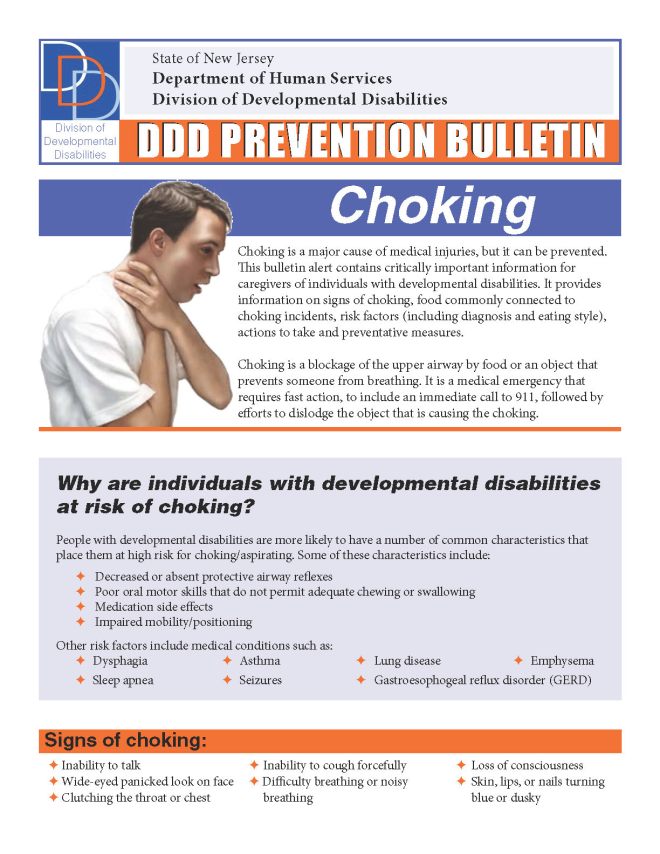

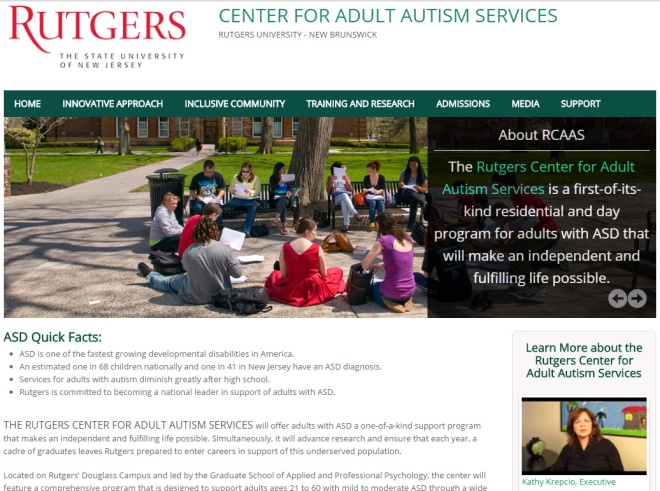




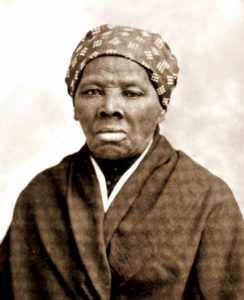
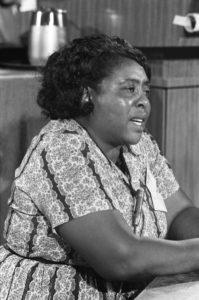
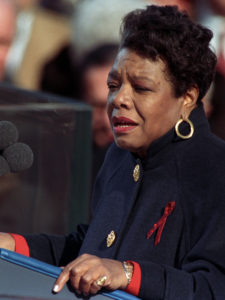
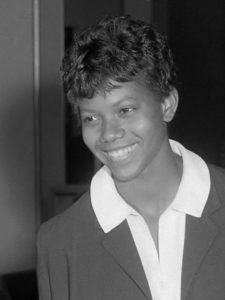






 Candidates will be providing direct care to men and women with disabilities in residential support programs and group home settings. This entails includes supervision and/or assistance with personal care, daily living activities, recreational pursuits, transportation, medical appointments, or any other needs the individuals may have.
Candidates will be providing direct care to men and women with disabilities in residential support programs and group home settings. This entails includes supervision and/or assistance with personal care, daily living activities, recreational pursuits, transportation, medical appointments, or any other needs the individuals may have.